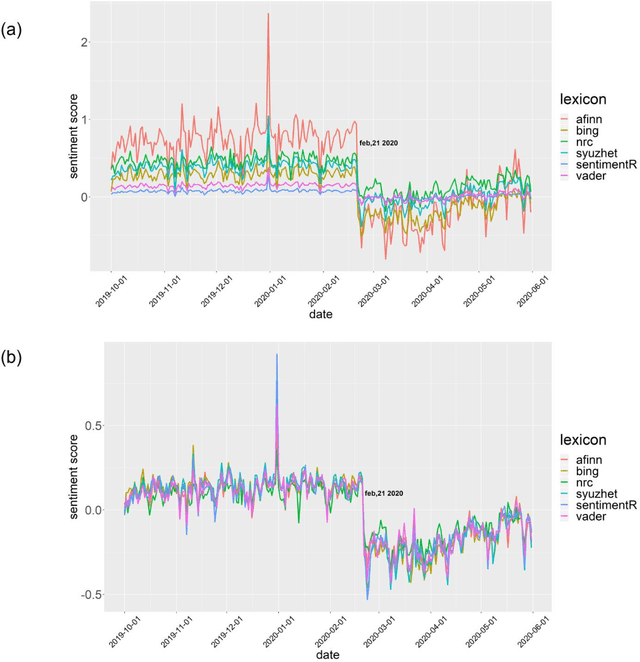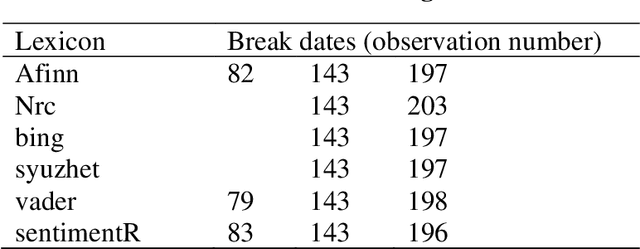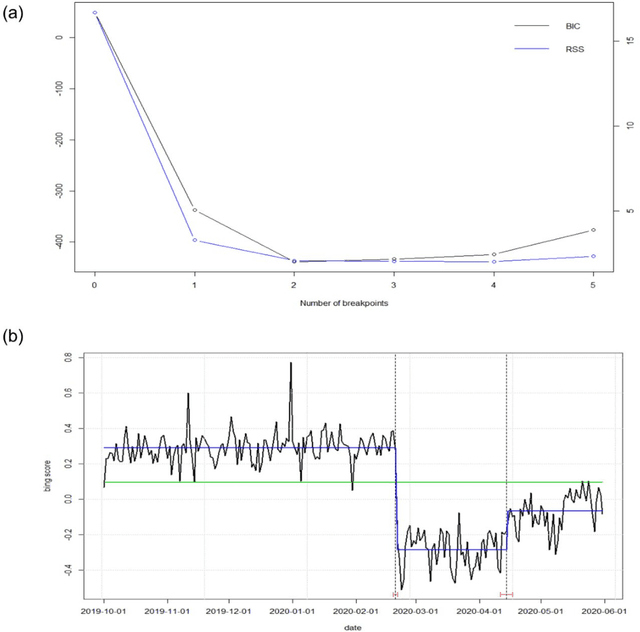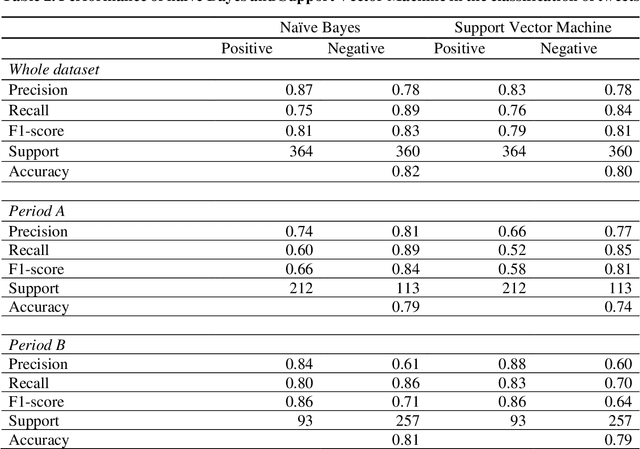Gianpaolo Zammarchi
A scientometric analysis of the effect of COVID-19 on the spread of research outputs
Jun 01, 2023



Abstract:The spread of the Sars-COV-2 pandemic in 2020 had a huge impact on the life course of all of us. This rapid spread has also caused an increase in the research production in topics related to COVID-19 with regard to different aspects. Italy has, unfortunately, been one of the first countries to be massively involved in the outbreak of the disease. In this paper we present an extensive scientometric analysis of the research production both at global (entire literature produced in the first 2 years after the beginning of the pandemic) and local level (COVID-19 literature produced by authors with an Italian affiliation). Our results showed that US and China are the most active countries in terms of number of publications and that the number of collaborations between institutions varies according to geographical distance. Moreover, we identified the medical-biological as the fields with the greatest growth in terms of literature production. Furthermore, we also better explored the relationship between the number of citations and variables obtained from the data set (e.g. number of authors per article). Using multiple correspondence analysis and quantile regression we shed light on the role of journal topics and impact factor, the type of article, the field of study and how these elements affect citations.
Impact of the COVID-19 outbreak on Italy's country reputation and stock market performance: a sentiment analysis approach
Mar 13, 2021



Abstract:During the recent Coronavirus disease 2019 (COVID-19) outbreak, the microblogging service Twitter has been widely used to share opinions and reactions to events. Italy was one of the first European countries to be severely affected by the outbreak and to establish lockdown and stay-at-home orders, potentially leading to country reputation damage. We resort to sentiment analysis to investigate changes in opinions about Italy reported on Twitter before and after the COVID-19 outbreak. Using different lexicons-based methods, we find a breakpoint corresponding to the date of the first established case of COVID-19 in Italy that causes a relevant change in sentiment scores used as proxy of the country reputation. Next, we demonstrate that sentiment scores about Italy are strongly associated with the levels of the FTSE-MIB index, the Italian Stock Exchange main index, as they serve as early detection signals of changes in the values of FTSE-MIB. Finally, we make a content-based classification of tweets into positive and negative and use two machine learning classifiers to validate the assigned polarity of tweets posted before and after the outbreak.
 Add to Chrome
Add to Chrome Add to Firefox
Add to Firefox Add to Edge
Add to Edge